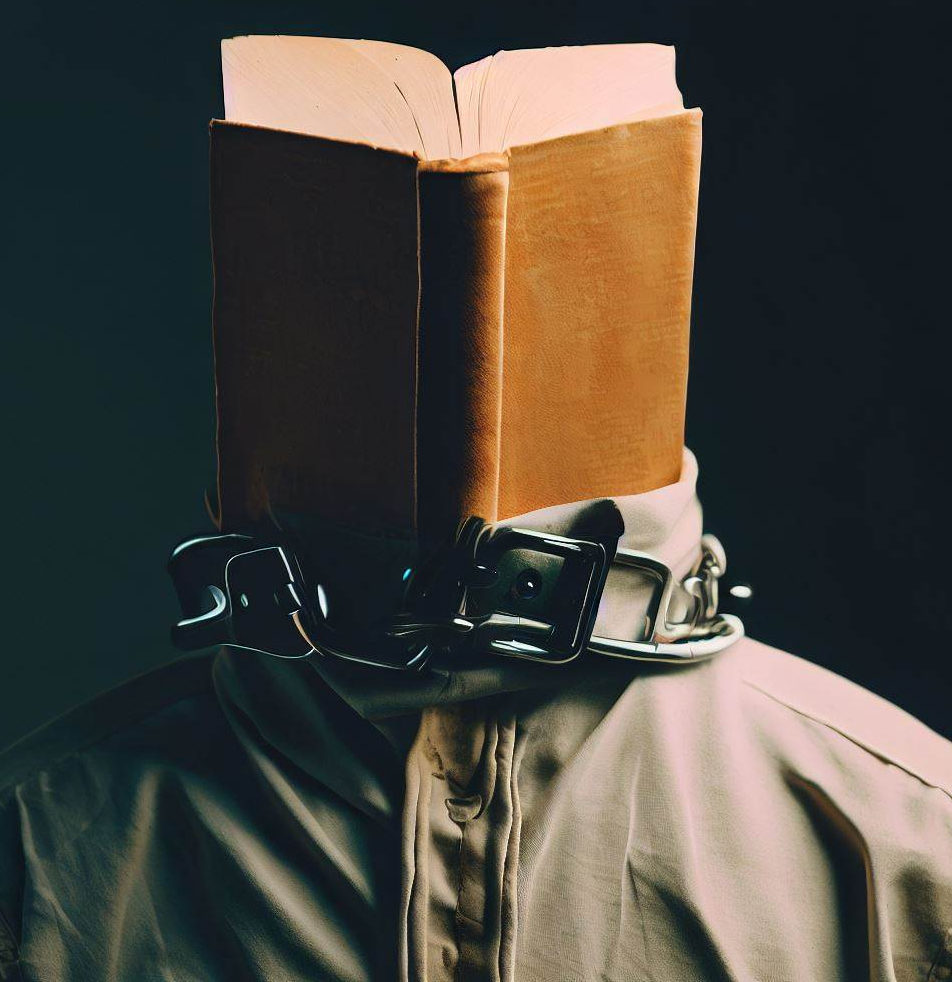In Defense of The Chosen One
- Marie Mullany
- May 6, 2023
- 4 min read
The Chosen One trope is a familiar and oft-debated narrative device in the world of fantasy literature. The trope centers on a central character who is destined or uniquely qualified to save the world or accomplish a monumental task. While some critics argue that the Chosen One narrative can be cliché or limit a story's potential, it is one of my favorite tropes. And, when done well, the Chosen One trope offers numerous benefits to a story.
So today, let’s take a look at some of the good parts and some of the bad parts of the chosen one.

The Benefits of the Chosen One Trope
A clear narrative focus
The Chosen One trope provides a story with a clear focal point, allowing readers to easily follow the protagonist's journey and invest in their struggles and triumphs. You know that whatever else is happening in the story, there is a clear pull through toward an end, the plot diamond will narrow and the story reach its final conclusion.
Example: In Robert Jordan's "The Wheel of Time" series, Rand al'Thor is the Dragon Reborn, a prophesied figure destined to save the world from the Dark One. This prophecy provides a clear narrative structure, guiding the characters and the readers through the sprawling story, even as the reader wonders how on earth the prophecy will be fulfilled.

Emotional Resonance
The Chosen One trope often involves a character grappling with the weight of their destiny or unique abilities, which can create emotional depth and compelling character development. Their destiny should weigh on their shoulders and their battle to come to terms with what lies ahead of them gives the reader a clear view into their emotional state and their struggles with fate.
Example: In Jacqueline Carey's "Kushiel's Legacy" trilogy, Phèdre nó Delaunay is Kushiel's Chosen, a woman marked by a divine figure to experience both pleasure and pain. While not guided by prophecy, her journey in the series, particularly in the final novel "Kushiel's Avatar," sees her facing overwhelming challenges that test her strength and resilience. In Avatar, the Gods require a terrible sacrifice of Phèdre and at first she says no. And they withdraw their grace, leaving her with the question of is the weight of her destiny worth it? Of course, the answer is yes and the story goes on to be one of my favorite books of all time. Phèdre's struggles and personal growth create a powerful emotional connection with the reader.
Side note: Robert Jordan provided a cover comment for "Kushiel's Chosen," praising the novel, so apparently he liked Jacqeline Carey’s non prophetic Chosen One just fine!

Three Chosen One Pitfalls
There are however pitfalls with the chosen one and things you should be aware of before using the trope. So let’s take a look at three different downsides of the chosen one that can ruin the story.
Lack of Agency
If a Chosen One's path is entirely predestined, it can strip them of their agency and make their choices feel inconsequential.
Pitfall example: The "Eragon" series by Christopher Paolini has been criticized for its protagonist's lack of agency, as the character's destiny is heavily influenced by prophecy, making his journey feel predetermined.
To avoid this, be careful of your prophecy. Very careful! Make sure there is doubt in the reader’s mind. The prophecy can be a guide, but it shouldn’t be a straight jacket.

Overpowered Protagonist
A Chosen One may be granted exceptional abilities or skills that make them nearly invincible, which can undermine the stakes of the story.
Pitfall example: The "Sword of Truth" series by Terry Goodkind features Richard Rahl, a protagonist whose immense power often overshadows other characters and reduces the sense of danger in the narrative. I’ve said it before, I’ll say it again, the entire magic system is: Richard summons Dues Ex Machina and the book ends.
To avoid this, make sure your chosen one has limits. Just like with magic, the limits make the story interesting, too much power makes it dumb.

To much Chosen One
A story that relies too heavily on the Chosen One to resolve all conflicts can make other characters and their contributions feel insignificant, leading to a lack of tension and a predictable narrative.
Pitfall example: In the movie "The Matrix Revolutions," Neo is basically the only solution to the overarching conflict between humans and machines. While Neo's journey is central to the story, the overemphasis on his role as the savior diminishes the contributions of other characters and makes the resolution of the conflict less engaging. By making the Chosen One solely responsible for the story's outcome, the narrative loses some of its complexity and depth. If you’re using a chosen one, make sure that there are other people who matter, other stories that contribute to the final overcome. Don’t load it all onto one character’s shoulder, no matter how powerful they are.

While the Chosen One trope has its pitfalls, it can provide a strong narrative focus, emotional resonance, and a sense of grandeur when executed well. But, if you’re mindful of the issues and you add your own fresh spins on the trop, you can create engaging and memorable stories that resonate with readers.
In defense of the Chosen One, it's not the trope itself that determines a story's success or failure, but rather how the author handles it.
Happy writing! And remember, we all get better one word at a time.
If you enjoyed this blog and want to say thank you, please visit my ko-fi page.










Comments